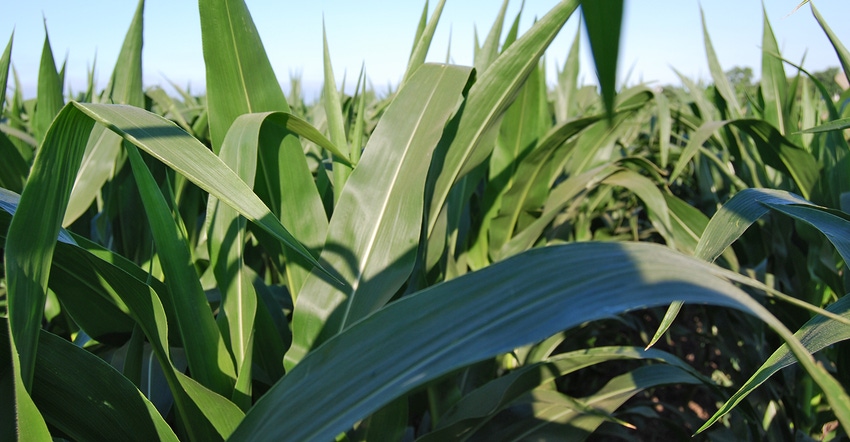November 12, 2018

What if a seed developer could divide the time it takes to develop an improved plant by three and the cost by 10? That’s the goal of Inari, an innovative startup that has opened a new on-the-ground breeding facility at Purdue (University) Research Park as part of a major Midwest expansion. Farm Progress caught up with Mark Stowers, senior vice president of operations and products, while he was standing in new office space for the facility to talk about Inari, and its new product — the Seed Foundry.
“A seed foundry is a unique way of representing the way we do breeding at Inari,” Stowers said. “We take the genetic knowledge we gain from understanding the gene sequences and all the codes for all the enzymes and processes, and we’re able to use that information to create variability in this context, and new representations of those genes.”
That information is “cast” into what Stowers likened to a metalworks at a foundry to build desired traits of interest. “We then plant those crops, and evaluate that work to enrich our knowledge,” he said. Essentially, the performance of these created products is evaluated to determine what works best, and what doesn’t, as the development of a crop is refined.
The company plans to use technology like gene editing to “make changes in the plants themselves, and then evaluate the resulting phenotypes and see how they perform in the field,” Stowers added.
The Seed Foundry is part of Inari’s approach to introduce genetic diversity into the seed industry, and the aim is to disrupt the current seed-breeding system and “revolutionize plant breeding and create value for all,” according to the announcement regarding the new facility in Indiana.
Noted Ponsi Trivisvavet, CEO, in a media release: “We are looking forward to tapping into the community and research prowess of Purdue. Establishing a base in Indiana will not only allow us to ramp up our product development efforts, but it puts this activity in close proximity to seed companies, which we view as the best partners to reintroduce genetic diversity in agriculture.”
Explained Stowers: “Essentially what we’re able to do in our own facilities is create parent seed. We’re not changing the way a seed company operates; we do see difference in how the industry will look at new products.”
Reaching farmers
The focus of this development process involves bringing in genetic diversity from a range of public and private sources, using big data analytics and machine learning to keep refining the process. The products will eventually reach farmers through private seed companies. “They interact with farmers on a day-to-day basis, and we feel they have a real unique opportunity to take advantage of a product line,” Stowers said.
The focus for developers will be on key areas of profitability including yield and sustainability, which he defined as plants that need fewer inputs to maintain farm profitability.
The aim is to reinvigorate genetic diversity, analyzing the entire crop genome including corn, soybeans, wheat and other crops to look for traits that can make a difference for a crop. This foundry then will cast the plant for testing and validate the ideas a plant breeder may have after analyzing the genome. It’s a new way of thinking about crop breeding.
Mitch Daniels, Purdue University president, noted that Inari, a Cambridge, Mass., startup, took on a national search to find the best place to break new ground in agribusiness, and decided being near Purdue was the ideal location. “With joint goals to advance agriculture and provide sustainable food products for people around the world, Inari and Purdue are a natural fit,” he said.
The new facility will include 15,000 square feet of office and research lab space, and 11,000 square feet of greenhouse space. The Inari team, which already includes 65 people, will grow by another 30 by 2020 at the Purdue location, and consist primarily of scientists and product development teams.
You can learn more at inari.com.
About the Author(s)
You May Also Like






